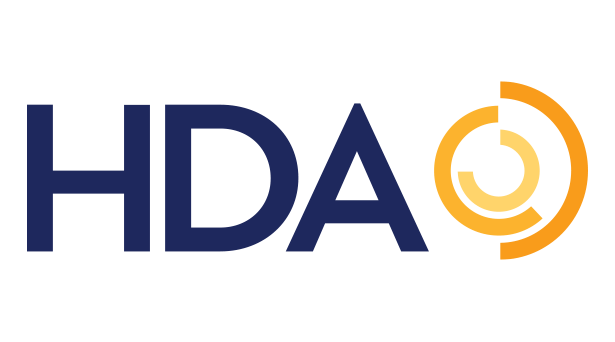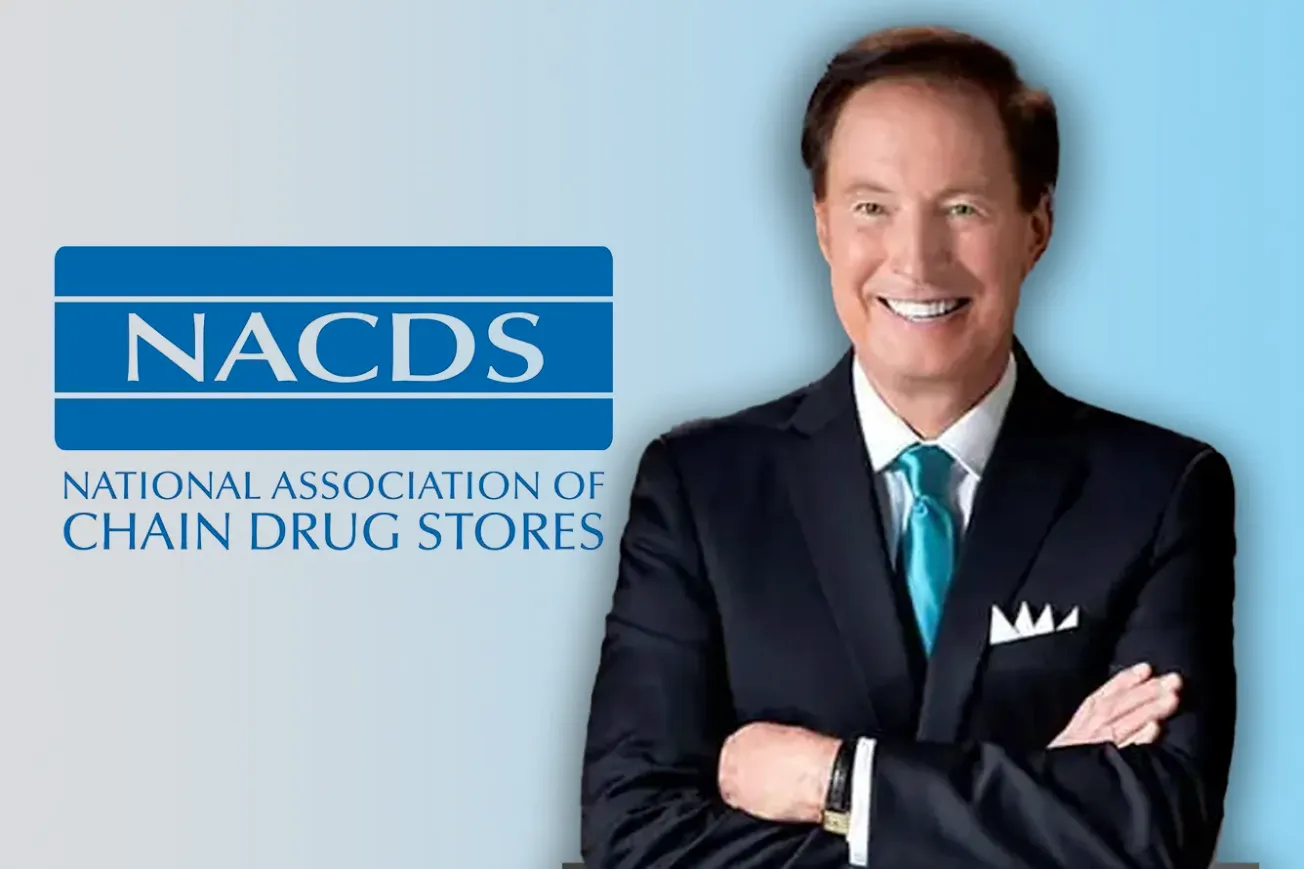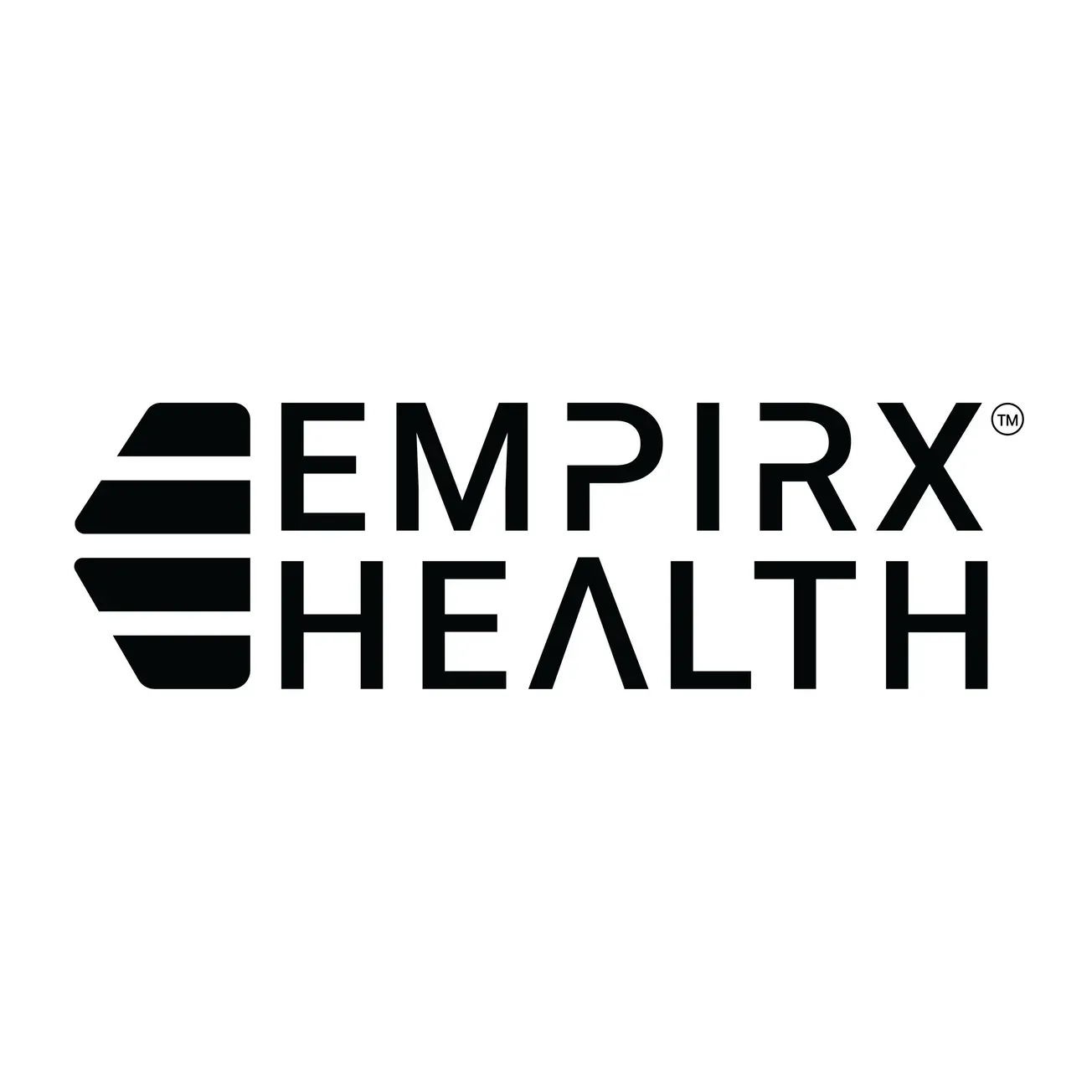WASHINGTON — HDA recently partnered with The Hill to facilitate a dialogue between government leaders and policy experts on the causes of drug shortages and potential solutions.

The event, “Keeping Pharmacy Shelves Filled: Solutions to Address Drug Shortages,” included speakers Rep. Larry Buschon, MD (R-Ind.); Heather Zenk, President of U.S. Supply Chain, Cencora; Dr. Mark McClellan, Director, Duke-Margolis Institute for Health Policy and Former FDA Commissioner; Michael Kleinrock, Lead Research Director, IQVIA Institute for Human Data Science; and Dr. Marta Wosińska, Senior Fellow, Center on Health Policy, The Brookings Institution.
HDA President and CEO Chip Davis also sat down with Joe Ruffolo, SVP and General Manager at The Hill, to discuss how the healthcare distribution industry plays a vital role in mitigating the impact of drug shortages.
Below are key takeaways from the event.
Complex Problems Require Bipartisan Solutions
Throughout the discussion, participants reinforced the idea that drug shortages are a complex issue requiring specific mitigation strategies due to distinct causes and underlying factors. As Rep. Buschon stated, “It’s just not that simple — it’s a complicated problem. I hope I get that across to everyone that there’s no one simple silver bullet here.”
Despite these challenges, panelists expressed optimism around the increasingly bipartisan effort in Congress to tackle drug shortages. “There’s some disagreement between the political parties about how to solve drug shortages, but they’re very, very small,” noted Rep. Buschon. “It’s unifying because pharmaceuticals affect every citizen in our country, all the way from newborn babies … to our grandparents or great-grandparents. It’s such a critical issue because it affects people’s quality of life.”
Drug Shortages Need a Targeted Approach
In discussing potential policies to prevent and mitigate drug shortages, panelists agreed that policy solutions cannot be considered in a one-size-fits-all manner.
McClellan described the issue as both a demand and a supply problem. “We’ve got a market that’s doing a very good job of getting really low prices and a not-so-good job of getting really reliable supply,” said McClellan. Further, Wosińska explained that most shortages are in the sterile injectable category, stating, “The existing persistent shortages are largely generic sterile injectables used in hospitals. That’s 63 percent (of shortages).”
The discussion around solutions focused primarily on opportunities to stabilize the generic pharmaceuticals market and enhance manufacturing quality. As Kleinrock noted, “Shortages are being caused by market events.”
McClellan said, “We need to shift the market and increase the availability of good information on reliability as well as the quality of the manufacturers and their supply chains.”
Fostering Collaboration Within the Supply Chain
While panelists acknowledged the progress supply chain entities have made in strengthening coordination between upstream and downstream partners in response to emerging shortages, there was widespread agreement that more needs to be done.
Reflecting on the current levels of coordination within the supply chain, Davis reinforced the importance of expanding the sphere of stakeholders taking part in the discussion and increasing touchpoints between all entities.
“I think there’s good communication within the supply chain, but I think there’s an opportunity for even more regular communication to improve it as we move forward,” explained Davis. “We have to bring in the provider community, and that includes pharmacies, physicians, hospitals and healthcare systems.”
Zenk detailed the pivotal role of healthcare distributors in the pharmaceutical supply chain. “Collaboration is really what the distributor community does … We take very seriously that we service 1,400 to 1,500 manufacturers every day. We’re receiving inventory inbound into our distribution locations and also coordinating with multiple sites of care,” Zenk emphasized.
The event recording can be found here. For additional information on HDA distributor members’ commitment to mitigating drug shortages, visit https://hda.org/drug-shortages.









